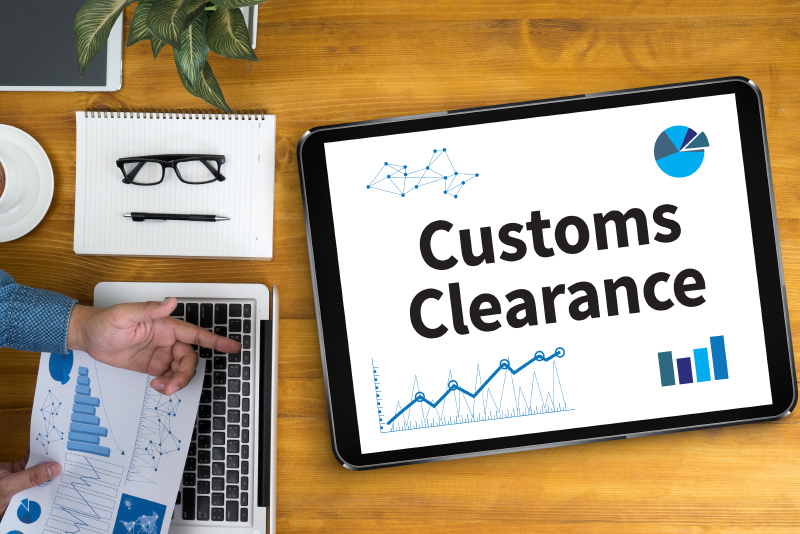Whether you are importing or exporting it is imperative to have the right paperwork in place whilst transporting cargo. Time is money and the last thing you want to happen is problems with your shipments! Missing or inaccurate documents can lead to delays and extra costs, or even prevent a shipment from arriving at all. When it comes to running a business that imports, exports, or both, you need to understand what paperwork is required. Even if you use a freight forwarder or a customs agent, it’s still up to you to make sure the right documentation is prepared and available upon demand.
Required Documents
The documents required for shipments being imported and exported are the commercial invoice, bill of lading or airway bill, packing list, insurance documents, and, when required, special certificates of origin, sanitation, phytosanitary, etc.
Also be sure to include all necessary information on your commercial invoice, since this is how customs authorities will identify and process your shipment. Something that should always be taken into consideration is that unclear descriptions are a common reason for shipments being held without customs clearance. This means that a clear description of the goods is important, the description should be able to be easily understood by an individual who may not necessarily understand a particular industry or article. A description of goods should satisfy three basic questions: what the product is, for what is it used, and what is it made of.
Vital Documentation for International Trade
- The right paperwork is an important part of being paid in a timely fashion.
- It is important that there is a clear written contract between the buyer and seller, including details of the shipment delivery address, terms of sale, quantities, weights and parties involved etc
- It’s possible that specific documents may be needed for your goods to pass through customs, and to determine the right duty and tax charges. There may be requirements both for the country the goods are being exported from and the country they are being imported into.
- Different goods can be eligible for duty preferences with the right certification
- Goods may require additional certification such as Certificates of compliance, Health and or processing certificates, Organic certificates etc. This all demands upon the type of products that you are importing or exporting and it is always better to do your research and ensure that you are familiar with the industry-specific requirements.
It’s of the utmost importance to have a strong working relationship with any business partners operating in countries that you are shipping to and from, having the correct paperwork in place on both ends is imperative. Shipments from EU countries can usually be brought into the UK with minimal paperwork. Nonetheless, it’s a good idea to ask your supplier to send a copy of the invoice and any other transit documentation.
VAT
VAT is paid on imports from outside the EU to HM Revenue and Customs at the same rates as goods within the UK. If you are registered for VAT you can reclaim this in the same way as you would for goods purchased within the UK. Instead of having a VAT invoice from your supplier, HMRC provides a form C79 demonstrating the VAT that was paid. The exports of goods are generally zero-rated in regard to VAT. It is important that you keep copies of your VAT invoices and proof of goods you’ve exported. This helps you prove that your shipment left the country, and that you do not have to pay any output VAT on them.
Conclusion
The documentation involved in international trade need to be issued correctly and clearly and an importer must ensure that they provide the correct preference documents and any other certification that may be required to show that the goods are suitable for the market in the destination country. Whether these documents are for UK or other destinations worldwide, government departments or for banking purposes. This can seem quite complicated at first for new traders, but with good research and/or a freight broker or forwarder things won’t seem so daunting. Having all the correct documentation in place will ensure that your shipments will arrive safe and sound and within the allotted time frame. Organization and peace of mind are key to running a successful business, especially one that imports and exports!

